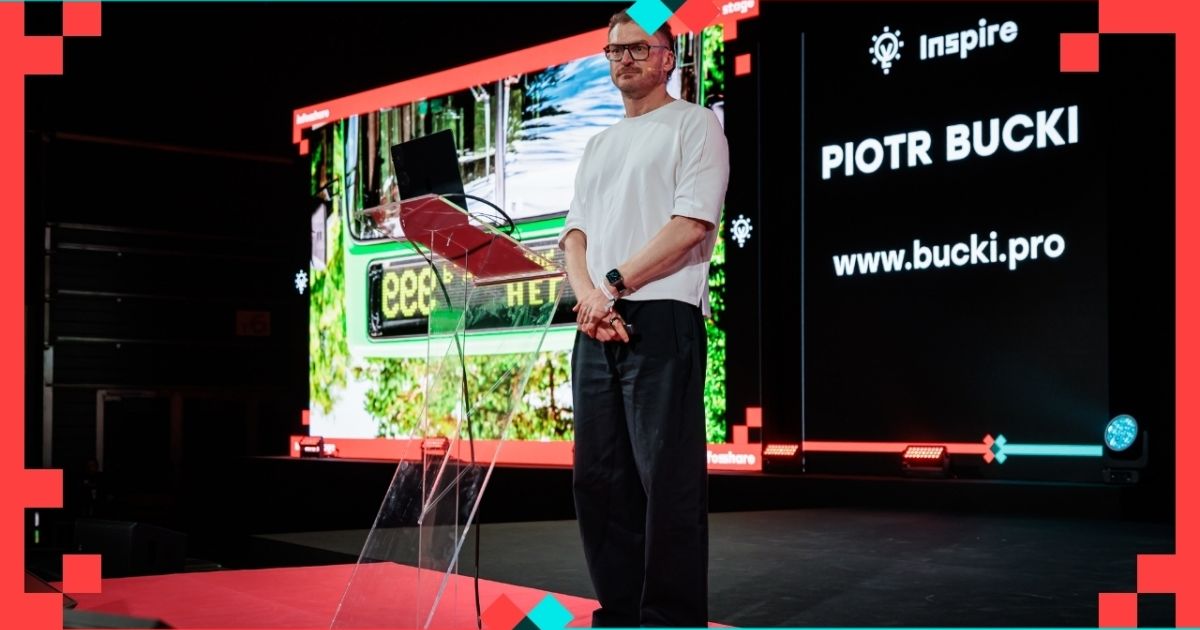VIEW SPEECH SUMMARY
- Opinions are judgments not necessarily based on facts or knowledge.
- Having an opinion is a personal thought, which is not equivalent to knowing something.
- Our brains infer reality based on external information but do not perceive the world directly.
- Opinions can lead to bias and magical thinking, which often occurs in business cultures.
- It is vital to distinguish between facts and opinions for better decision-making.
Reality vs. Opinions:
- Reality ultimately catches up and disproves incorrect opinions (e.g., physical impossibilities).
- Blindly following strong opinions or leadership without verification can be harmful.
- The speaker encourages adopting a "scout mindset" — valuing truth and reality over personal beliefs or desires.
Challenges in Business and Culture:
- Many business practices, such as open office spaces or feedback sandwiches, are not scientifically proven.
- Knowing customers and employees requires more than just surveys and rewards; behavior tracking can provide better insights.
- Motivation is complex; salary is a contract, not a reward, and extrinsic rewards can sometimes hinder creativity.
Scientific Approach as a Tool:
- Curiosity, science, and data are effective tools for verifying opinions.
- Intuition is useful in emergencies but should not drive critical decisions.
- The scientific method involves asking questions, forming hypotheses, conducting experiments, and unbiased data evaluation.
- It is important to kill your favorite ideas if evidence disproves them.
- Business decisions should start with opinions but always verify them through scientific means.
Actionable Items / Tasks:
- Acknowledge personal opinions and be open to testing them against reality.
- Adopt the scout mindset: prioritize truth-seeking over personal biases or winning.
- Use scientific methods (hypothesize, experiment, analyze) in business and personal decisions.
- Apply behavior tracking instead of relying solely on surveys or self-reporting for better insights.
- Avoid magical thinking in decision-making; verify assumptions with data.
- Be prepared to abandon ideas if the evidence does not support them.
- Encourage curiosity and continuous discovery beyond just collecting knowledge.
Final Thoughts:
- Embrace the joy of being wrong as a path to learning.
- Recognize that everyone knows something you don’t, and most opinions can be verified.
- Build your business and life decisions on tested reality, not unexamined opinions.
Opinion is not a fact!
16:40 - 17:00, 27th of May (Tuesday) 2025 / INSPIRE STAGE
How to eliminate most rookie mistakes and errors from your business plan (if you have one at all).
You can start a sentence with “I think” or “I firmly believe,” as long as that sentence doesn't turn out to be the only source of truth about your customers, tools or business plans. You can trust your intuition, as long as you are smart enough to put it to the test using the rigorous scientific method used in business. You can certainly have opinions - even the strongest ones - as long as you separate them from facts and examine the very nature of your beliefs. What I want to show you is that even though we live in a time when it seems that facts, truth and reality don't matter, it's better to run your business like a scientific laboratory, not a tarot reading.



